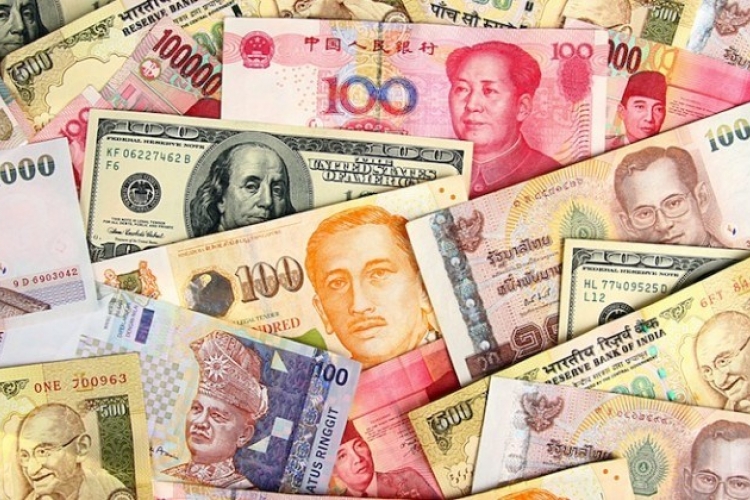Currency War
What is currency war?
A currency war refers to a situation where a number of nations seek to deliberately depreciate the value of their domestic currencies in order to stimulate their economies. Although currency depreciation or devaluation is a common occurrence in the foreign exchange market, the hallmark of a currency war is the significant number of nations that may be simultaneously engaged in attempts to devalue their currency at the same time.
Reasons and Impacts of Depreciation:
• It may seem counter-intuitive, but a strong currency is not necessarily in a nation's best interests. A weak domestic currency makes a nation's exports more competitive in global markets, and simultaneously makes imports more expensive.
• Higher export volumes spur economic growth, while pricey imports also have a similar effect because consumers opt for local alternatives to imported products. This improvement in the terms of trade generally translates into a lower current account deficit (or a greater current account surplus), higher employment, and faster GDP growth.
• The stimulative monetary policies that usually result in a weak currency also have a positive impact on the nation's capital and housing markets, which in turn boosts domestic consumption through the wealth effect.
• Currency devaluation may lower productivity in the long-term, since imports of capital equipment and machinery become too expensive for local businesses. If currency depreciation is not accompanied by genuine structural reforms, productivity will eventually suffer.
• The degree of currency depreciation may be greater than what is desired, which may eventually cause rising inflation and capital outflows.
• A currency war may lead to greater protectionism and the erecting of trade barriers, which would impede global trade.
• Competitive devaluation may cause an increase in currency volatility, which in turn would lead to higher hedging costs for companies and possibly deter foreign investment.


 POLITICAL SCIENCE & IR HYBRID BATCH ORIENTATION : 20-11-2024
POLITICAL SCIENCE & IR HYBRID BATCH ORIENTATION : 20-11-2024